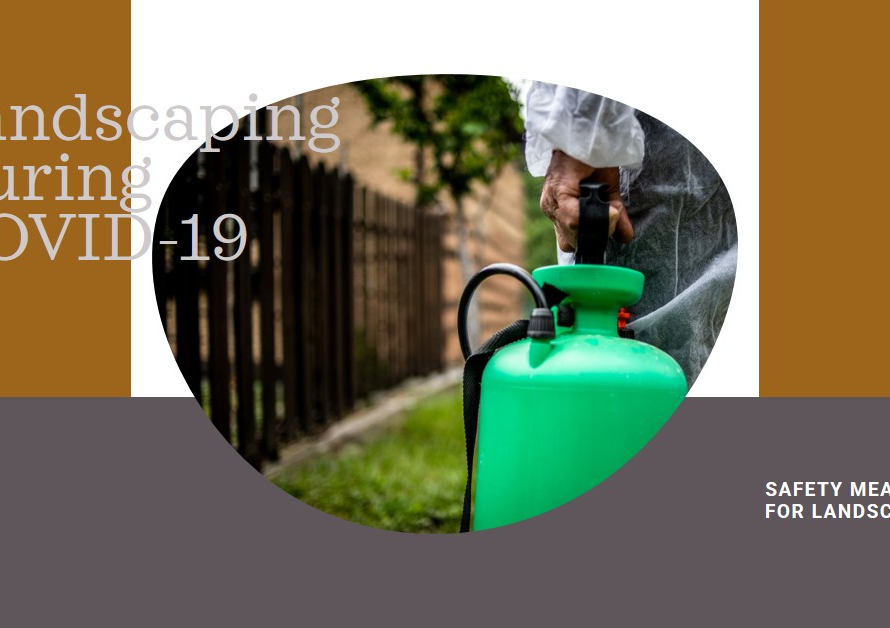
Table of Contents
- Are Plumbing Leaks Covered By Insurance? Key Insights
- Understanding Homeowners Insurance
- The Role of Maintenance
- Sudden vs. Gradual Damage
- Water Damage vs. Flood Damage
- Mold and Mildew Coverage
- Steps to Take When a Leak Occurs
- Filing a Claim
- Preventative Measures
- Reviewing and Updating Your Policy
- Conclusion: Being Prepared
Are Plumbing Leaks Covered By Insurance? Key Insights
When it comes to home maintenance, plumbing issues are among the most common and potentially costly problems homeowners face. A frequent question that arises is whether plumbing leaks are covered by insurance. This blog post will delve into the intricacies of insurance policies, highlighting key insights to help you understand what is typically covered and what isn’t.
Understanding Homeowners Insurance
First and foremost, it’s essential to comprehend what homeowners insurance generally covers. Most standard policies protect against sudden and accidental damage, including certain types of water damage. However, there are nuances and exceptions that you should be aware of.
Homeowners insurance typically includes coverage for the dwelling, personal property, liability, and additional living expenses. Within these categories, specific endorsements or exclusions might affect whether plumbing leaks are covered. Understanding these elements is crucial to determining if your policy will cover a plumbing leak.
The Role of Maintenance
Homeowners insurance is not a substitute for regular home maintenance. Insurance companies expect homeowners to take care of their properties to prevent issues from arising. This expectation is particularly relevant to plumbing systems, which require regular inspections and maintenance.
Insurance companies often deny claims for water damage if they determine that the cause was a lack of maintenance. For example, if a plumbing leak results from rusty pipes that have clearly not been maintained, the insurer may refuse to cover the damage. Thus, routine maintenance is not only essential for the integrity of your home but also for ensuring your insurance coverage remains intact.
Sudden vs. Gradual Damage
A critical factor in determining insurance coverage for plumbing leaks is whether the damage is sudden and accidental or gradual. Most insurance policies cover sudden and accidental damage but exclude damage that occurs gradually over time.
Sudden damage might include a burst pipe due to freezing temperatures or an unexpected plumbing malfunction. In such cases, the resulting water damage is typically covered by homeowners insurance. Conversely, if the leak is due to long-term wear and tear or ongoing issues that the homeowner neglected to address, the damage will likely not be covered.
Water Damage vs. Flood Damage
It’s important to distinguish between water damage and flood damage, as they are treated differently by insurance policies. Water damage caused by plumbing leaks or appliance malfunctions is usually covered under standard homeowners insurance. However, flood damage, which results from external water sources such as heavy rainfall or overflowing rivers, requires separate flood insurance.
Homeowners often confuse these two types of damage, leading to misunderstandings about their coverage. Ensuring that you have both homeowners and flood insurance, if you live in a flood-prone area, is crucial for comprehensive protection.
Mold and Mildew Coverage
Water damage from plumbing leaks can lead to secondary issues like mold and mildew. The coverage for mold and mildew varies significantly between insurance policies. Some policies may include limited coverage for mold remediation, while others exclude it entirely.
To protect yourself, review your policy’s mold coverage details. You might need to purchase additional endorsements to cover mold-related damage adequately. Mold remediation can be expensive, and without proper coverage, you could be facing significant out-of-pocket costs.
Steps to Take When a Leak Occurs
If you discover a plumbing leak, swift action is essential to minimize damage and increase the likelihood of a successful insurance claim. Start by stopping the water flow, which may involve shutting off the main water supply. Next, document the damage with photos and notes, and contact your insurance company to report the issue.
An adjuster will likely be sent to assess the damage and determine the cause. Cooperate fully with the adjuster’s investigation and provide any requested documentation. Promptly addressing the leak and mitigating further damage will strengthen your claim and expedite the repair process.


Filing a Claim
Filing an insurance claim for a plumbing leak involves several steps. Begin by contacting your insurance company’s claims department and providing details about the leak and the resulting damage. Be prepared to share documentation, such as photographs and maintenance records.
An adjuster will visit your home to assess the damage and verify the cause. If the claim is approved, your insurance company will provide funds for repairs, minus your deductible. Understanding the claims process and being organized with your documentation can streamline the procedure and increase the chances of a favorable outcome.
Preventative Measures
Taking preventative measures can reduce the risk of plumbing leaks and ensure your insurance coverage remains valid. Regularly inspect your plumbing system for signs of wear and tear, such as rusted pipes or loose connections. Investing in professional inspections can also identify potential issues before they become significant problems.
Additionally, consider installing leak detection devices that alert you to potential leaks before they cause extensive damage. These devices can be a valuable investment, potentially saving you from costly repairs and insurance claims in the future.
Reviewing and Updating Your Policy
Insurance policies are not static; they should be reviewed and updated periodically to ensure they meet your needs. As your home ages or you make improvements, your insurance coverage may need adjustments. Regularly review your policy details and discuss any changes with your insurance agent.
Adding endorsements for specific risks, such as mold or water backup, can enhance your coverage. Ensuring that your policy reflects the current value of your home and its contents will provide better protection and peace of mind.
Conclusion: Being Prepared
Understanding whether plumbing leaks are covered by insurance requires knowledge of your specific policy and the circumstances surrounding the leak. By maintaining your home, promptly addressing issues, and having comprehensive insurance coverage, you can protect yourself from the financial burdens associated with plumbing leaks.
Ultimately, being proactive and informed is key to managing plumbing issues and navigating the complexities of insurance coverage. Regular maintenance, clear communication with your insurance provider, and staying updated on your policy can make a significant difference in safeguarding your home and finances.


